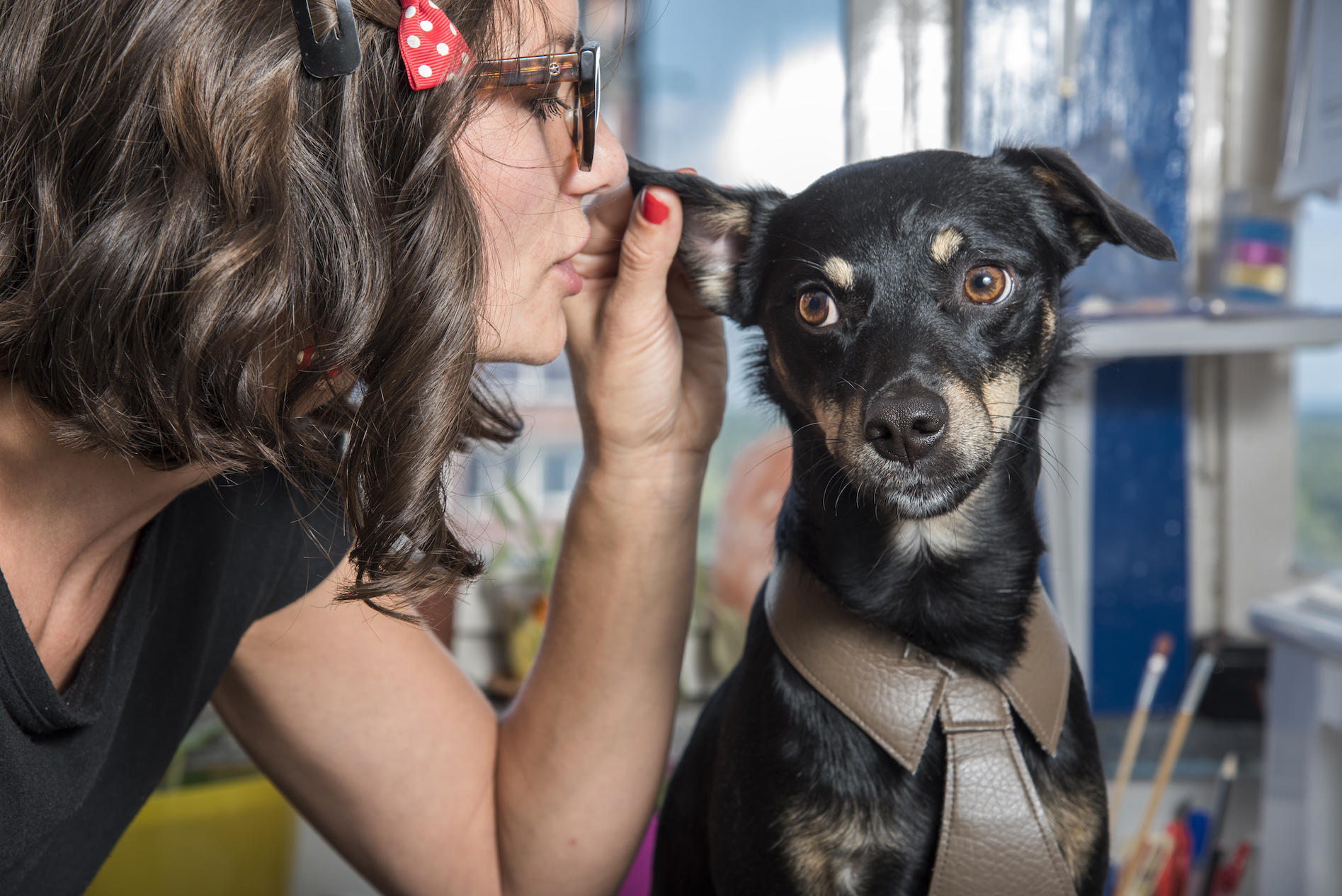
Using baby talk with your dog actually found to enhance bonding
When talking to babies and dogs, we often use a sort of high pitched rhythmic talking known commonly as “baby talk.”
Scientifically, this is called infant-directed speech and research has shown that using baby talk is actually important for bonding with an infant.
A new study set out to investigate if infant-directed speech aimed at dogs served the same useful purpose as it does for children.
Researchers from the University of York conducted the study and found that “dog-speak,” like baby talk, does improve concentration and bonding with pet dogs.
“This high-pitched rhythmic speech is common in human interactions with dogs in western cultures, but there isn’t a great deal known about whether it benefits a dog in the same way that it does a baby,” said Katie Slocombe, a co-author of the study. “We wanted to look at this question and see whether social bonding between animals and humans was influenced by the type and content of the communication.”
Previous research that studied dog-speak found that it was useful for puppies but not adult dogs. However, those experiments involved playing recordings for dogs and not having the dogs interact with a human talking to them.
For this study, the researchers asked participants to talk to dogs who were in the same room with them.
This way the researchers could determine if dog-speak was a key motivator in who the dog gravitated towards.
Several tests were conducted with an adult dog where the dog listened to two different people. One used dog-related phrases such as “shall we go for a walk?” with dog speak, and the other use adult-directed speech and didn’t use any dog related phases.
After this, the phrases were mixed and spoken to the dogs in different tones to determine if it was the tone or content of the words that was more appealing.
The researchers observed the dog’s focus during these experiments and who the dog preferred to interact with after the participants finished talking.
The dogs preferred those who had spoken to them with dog speak and dog-related phrases. According to the researchers, the results indicate that both tone and content are important for adult dogs.
“We found that adult dogs were more likely to want to interact and spend time with the speaker that used dog-directed speech with dog-related content, than they did those that used adult-directed speech with no dog-related content,” said Alex Benjamin, the study’s lead author.
The dogs preferred those who had spoken to them in dog speak and used dog-related phrases. According to the researchers, the results indicate that both tone and content are important for adult dogs.
—
By Kay Vandette, Earth.com Staff Writer













